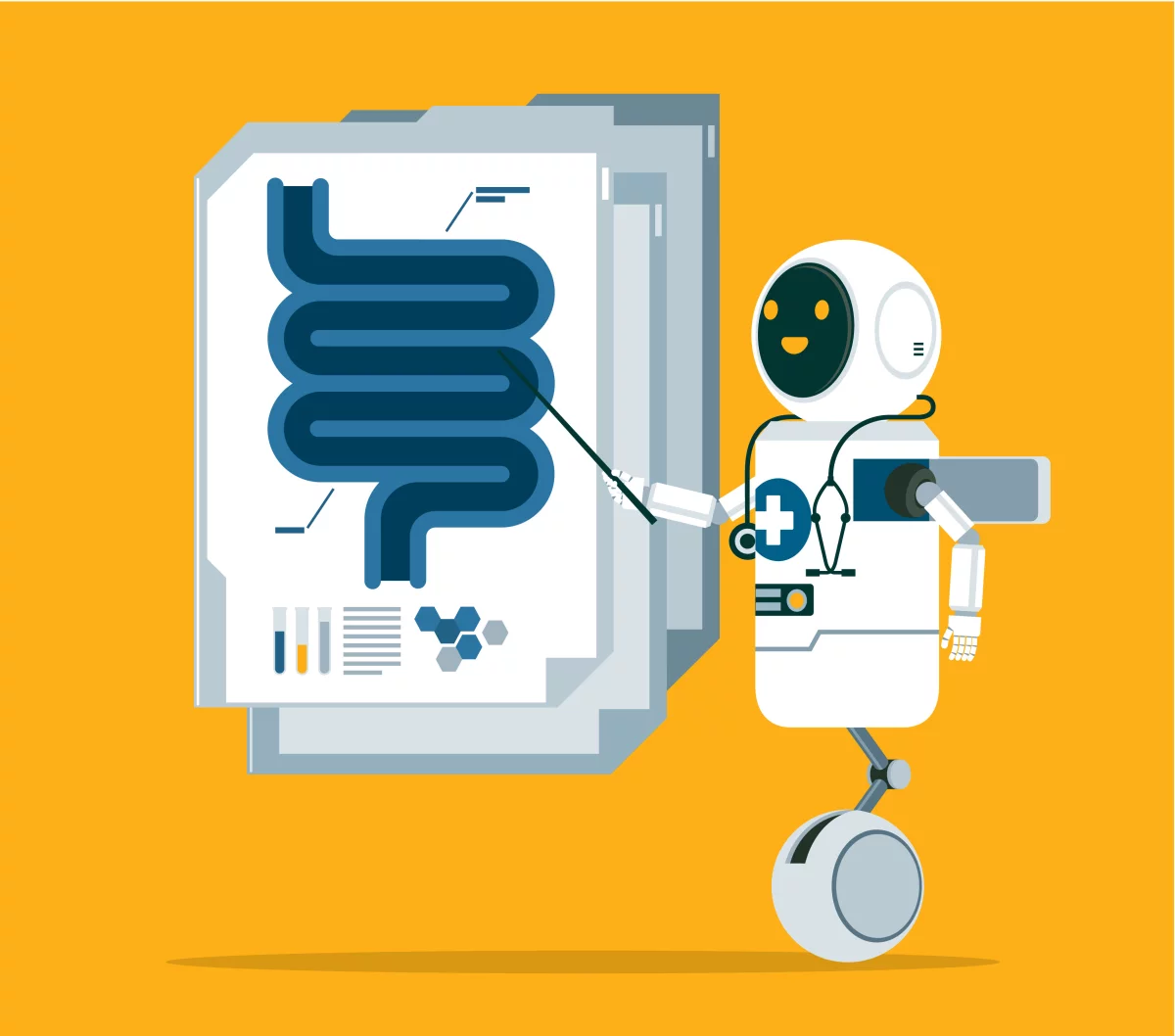Artificial intelligence is beginning to help doctors screen patients for several routine diseases. But a new study raises concerns about whether doctors might become too reliant on AI.
The study looking at gastroenterologists in Poland found that they appeared to be about 20% worse at spotting polyps and other abnormalities during colonoscopies on their own, after they’d grown accustomed to using an AI-assisted system.
The findings, published in the journal Lancet Gastroenterology and Hepatology, suggest that even after a short period of using AI, experts may become overly dependent on AI to do certain aspects of their jobs.
“We were quite surprised,” says Marcin Romańczyk, an M.D.-Ph.D. gastroenterologist at H-T Medical Center in Tychy, Poland, who led the study.
But not everyone is convinced that the paper proves doctors are losing critical skills because of AI.
“I think three months seems like a very short period to lose a skill that you took 26 years to build up,” says Johan Hulleman, a researcher at Manchester University in England who has studied human reliance on artificial intelligence.
Hulleman believes statistical variations in the patient data might be part of the explanation for why the numbers appear to drop. Factors such as the average age of the patients used in different sections of the study might explain the variation, he says.
AI in medicine
Artificial intelligence is becoming increasingly common for a number of routine medical scans. The next time you get a scan for your eyes, breast cancer, or colon disease, there’s a decent chance that AI might be analyzing the images.

